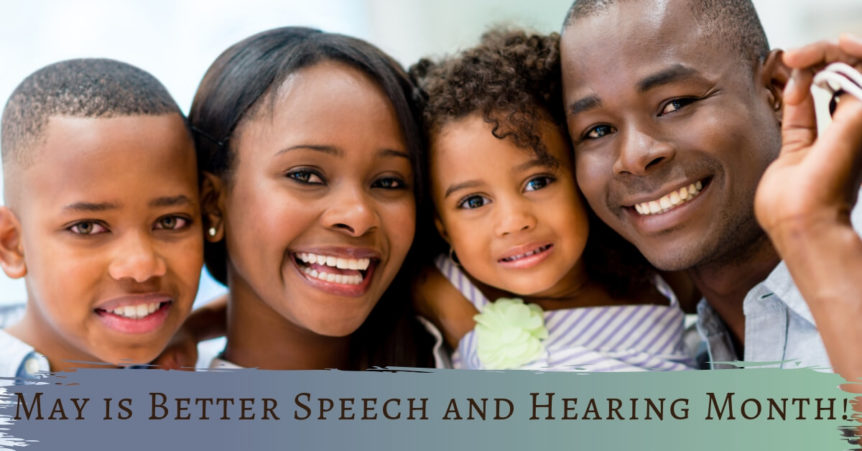- The Harm of Smoking to the Ears - April 9, 2025
- The Importance of Exercise for Hearing Health - March 11, 2025
- Movie Theaters and Hearing Aids - February 13, 2025
[May is Better Speech and Hearing Month. Every year, the American Speech-Language-Hearing Association (ASHA) dedicates this month to raising awareness of conditions which impede communication, such as speech disorders and hearing loss.
For 2019, the theme is “Communication Across the Lifespan.” The organization wants to highlight the importance of maintaining communication skills from childhood up to old age. We hope the following story will encourage to think about you and your family’s hearing, and seek help earlier rather than later.
New non-profit aims to protect Seattle’s musicians from the din of their own music
Sheldon Rosevear is a regular musician on Sundays at Conor Byrne Irish pub in the Ballard neighbourhood of Seattle. He supplements the income from these shows with others throughout the week. But it can be hard pay the rent with music as your career, never mind having to pay for healthcare: I have an appointment in March, and I know that that’s going to be just under a week’s worth of income for me,” said Rosevear.
But a new non-profit called Seattle Musicians Access to Sustainable Healthcare (SMASH) has begun to offer funds to pay for at least one annual clinic visit for Seattle’s musicians. The organization is committed to keeping the Seattle music community healthy through health education, the promotion of musicians’ rights, and access to preventative healthcare.
The organization also gifted Rosevear a pair of custom earplugs which are used to protect his hearing during performances. These are part of a drive to equip Seattle’s musicians with the gear and knowledge to protect their most valuable asset –their hearing. Since 2016, the organization has given free hearing tests and protective earplugs to dozens of Seattle musicians.
“I co-founded SMASH to take care of Seattle musicians through covering the costs of non-emergency doctor and Naturopath visits, hearing protection, dental care and more…this helps keep our music community thriving.” – says Ian Moore the SMASH Board President.
Moore knows all about the dangers of loud guitars and crashing cymbals to your ears, having toured with the Rolling Stones and Bob Dylan in his earlier days.
“One of the most fundamental problems all musicians deal with is hearing loss, and you don’t often realize that until it’s too late,” He explained.
Sensing need for more hearing health awareness among Seattle’s musicians, he started SMASH after learning about a similar organization in Austin. Moore has plans to offer more services in the future, dependent on the generosity of private donors and business organizations.
Rosevear meanwhile, cannot thank them enough for the help that they have offered him.
“They’re angels,” he said
Why focus on hearing loss?
Hearing loss affects anyone, but it especially damaging for those in the music industry, where the ability to hear the instruments of your bandmates, as well as your own, is key to a good performance. Once your ability to hear fails you, performing live ceases to be an option. For professional musicians, this is a career-ending injury.
But when musicians develop hearing loss, they lose more than the music.We are able to communicate with others based on our ability to understand spoken language. Language itself, constantly evolving, dripping with context and nuance is one of the most complex things to listen to and make sense of.
With compromised hearing, trying to understand others requires much more concentration and can be very tiring on the body and the brain, especially in noisy environments. For musicians who spend most of their nights in the noisy bars and clubs, this difficulty in hearing can be amplified even further.
Persistent misunderstandings can be very frustrating for the person speaking as well as the person with the hearing loss. This makes socialising with friends and family events a trying experience. In many cases, the person with the hearing loss chooses to withdraw from these social situations rather than risk social embarrassment.
Luckily, hearing aids have been shown to improve speech comprehension in noisy places, and some models even have tinnitus management features which can be a boon for some musicians.
Are you also suffering from the effects of noise-induced hearing loss? Only you can take that first step toward better hearing health. Come and book a hearing test with us at Better Hearing Center today.

